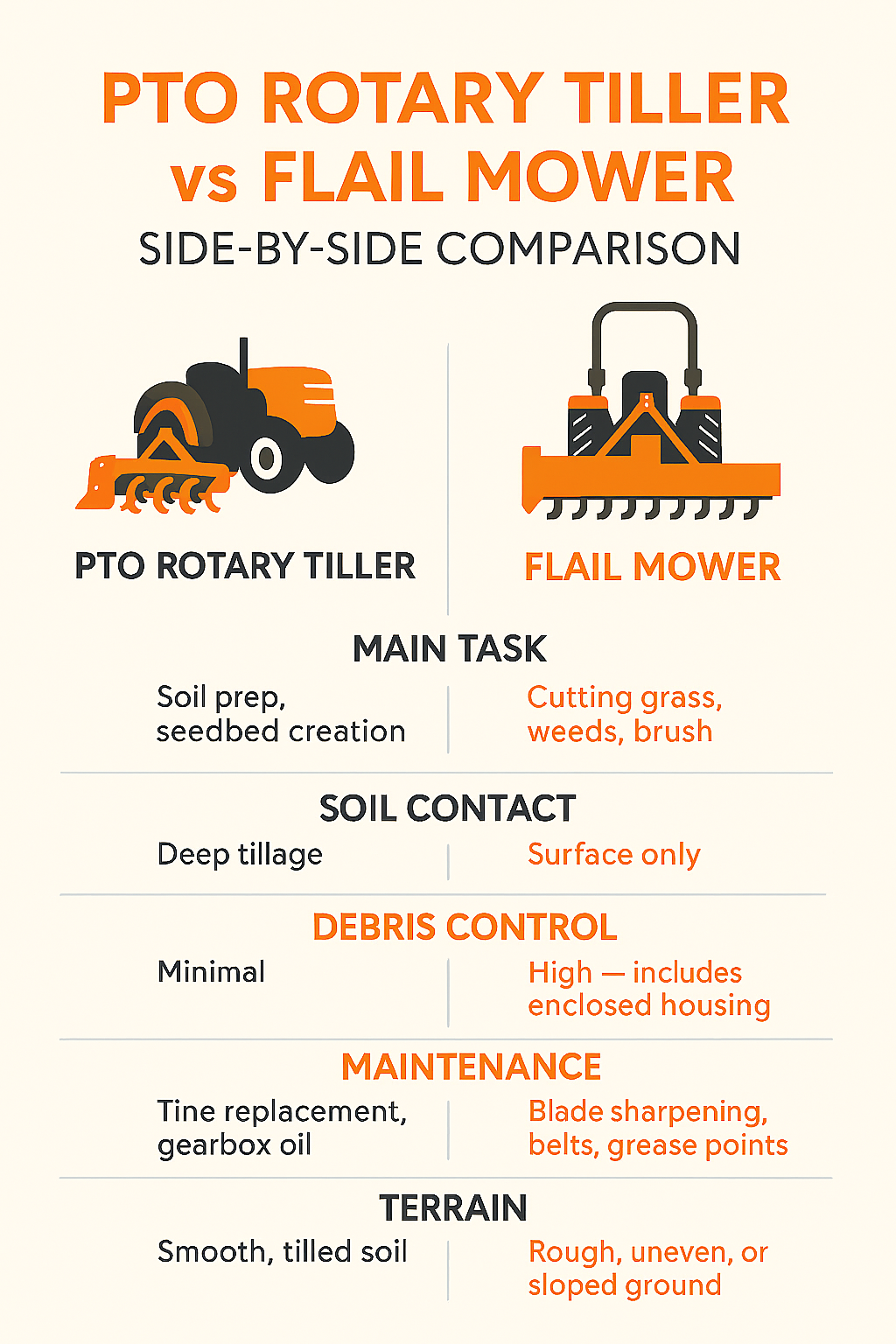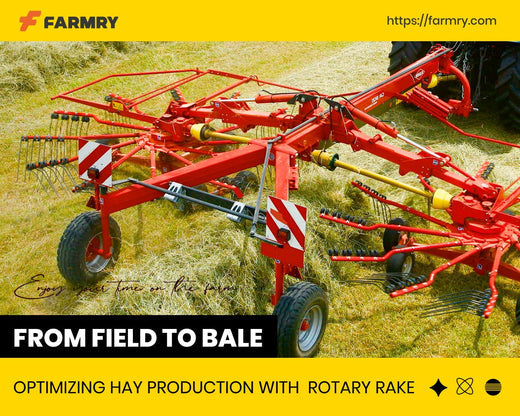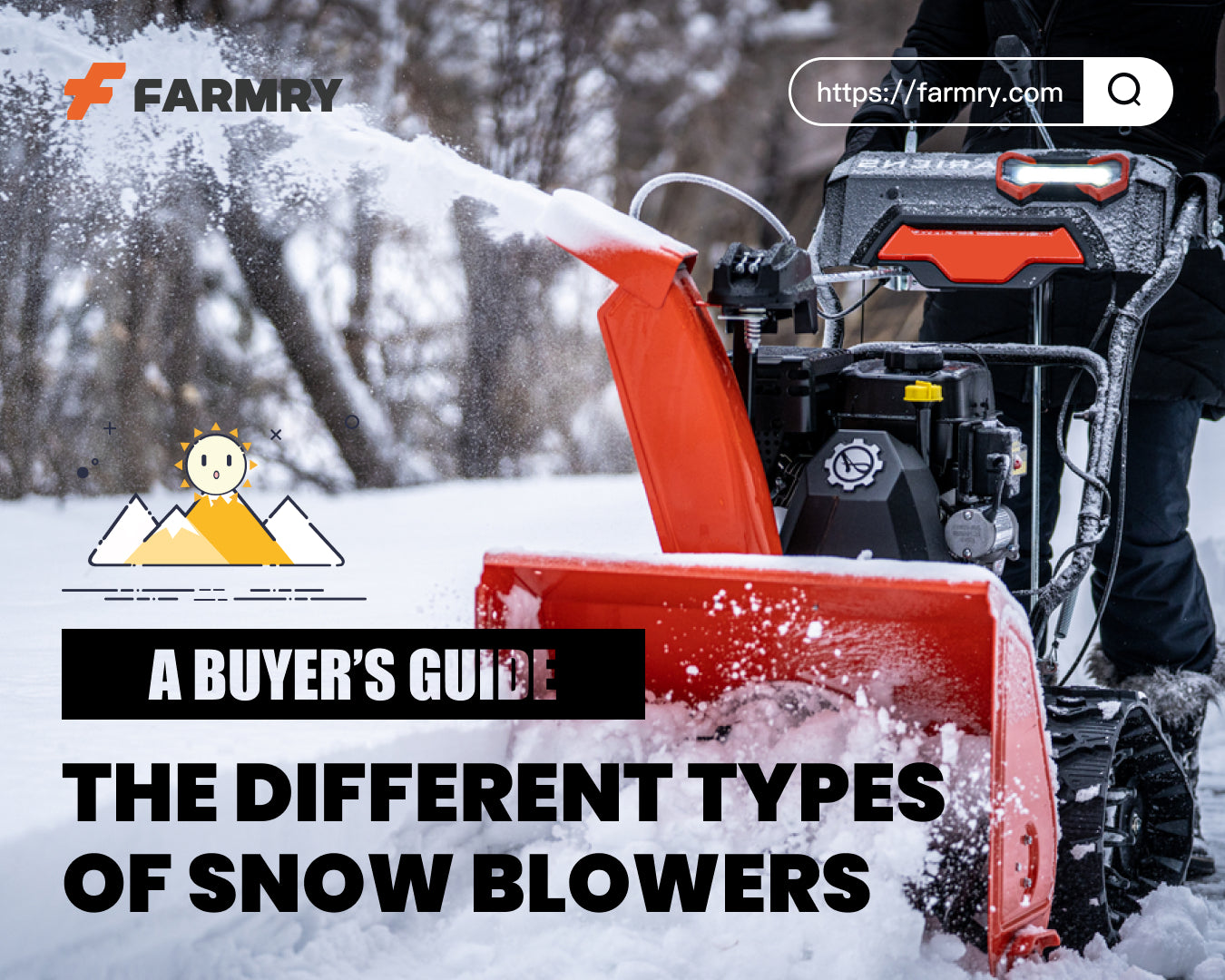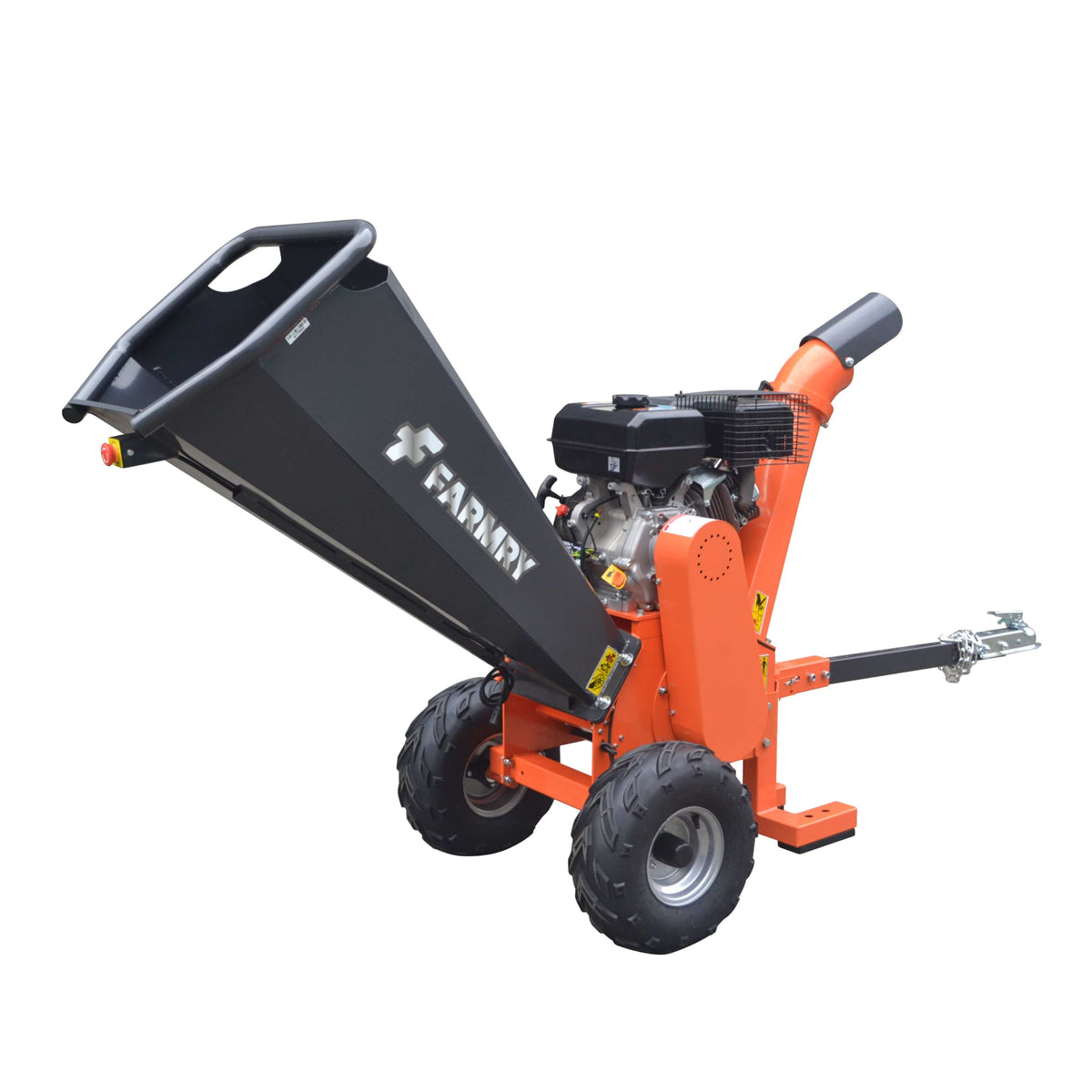PTO Rotary Tillers vs PTO Flail Mowers
 PTO Rotary Tillers vs PTO Flail Mowers — What’s Best for Your Land?
PTO Rotary Tillers vs PTO Flail Mowers — What’s Best for Your Land?
Introduction
Choosing between a pto rotary tiller and a flail mower can feel overwhelming—especially if you're new to tractor attachments. Both tools connect via the PTO shaft, but are designed for very different work. This guide helps you make an informed choice based on your goals, tractor size, and land type—perfect for beginners and non-experts.
What Does a Rotary Tiller Do?
A rotary tiller (also known as a pto drive tiller or rototiller PTO) is built to cultivate soil. It digs into the ground using horizontal rotating tines to:
-
Break up hard-packed dirt
-
Mix compost or fertilizer thoroughly
-
Create smooth seedbeds for planting
This tool is ideal for gardeners, nurseries, and anyone preparing gardens or small crop plots. However, it’s not designed to cut grass, weeds, or brush—its focus is strictly beneath the surface.
What Is a Flail Mower and Why Does It Matter?
Flail mowers, part of Farmry’s robust model line, are designed to manage what grows above ground. They use vertical drums covered in swinging Y-blades or hammer blades to chop vegetation into fine mulch. Here's what makes them an excellent choice:
-
Mulches grass, weeds, and light brush effortlessly
-
Works even on rough, uneven terrain
-
Enclosed blades reduce flying debris
-
Equipped with rear deflector to control discharge and enhance safety
-
Adjustable skid shoes help maintain consistent cutting height
Compatible with compact tractors and larger equipment, they offer outstanding dependability and ease of use.
⚙️ Reverse Rotation: Enhance Mulching
Some of Farmry’s flail mower models feature reverse rotation, meaning the blades can spin opposite the usual direction. This gives you more control for:
-
Working through tough, matted vegetation
-
Reducing clogs in dense areas
-
Achieving a cleaner, smoother mulch
The ability to switch rotation direction adds versatility to your mowing work, whether in early spring grasses or late-season brush.
💪 Heavy Duty Mowers for Tough Jobs
For landowners who face thick brush or overgrowth regularly, Farmry’s heavy duty flail mowers are a game-changer:
-
Reinforced gearboxes and steel frames
-
Hammer blades capable of handling woody growth up to 1.5″ diameter
-
Built-in roller and adjustable skid shoes for a smooth, even cut
-
Wide cutting widths to reduce passes and save time
These machines are perfect for demanding fields, pastures, orchard rows, and more.
Side-by-Side Comparison
|
Feature |
Rotary Tiller |
Flail Mower |
|---|---|---|
|
Primary Task |
Cultivates soil, breaks clods |
Cuts and mulches grass, weeds, brush |
|
Terrain Compatibility |
Best on flat, tilled ground |
Handles rough, uneven, sloped areas |
|
Blade System |
Horizontal rotating tines |
Vertical swinging blades (Y/hammer) |
|
Debris Control |
Loose soil only |
Enclosed design + rear deflector |
|
Height Control |
Depth gauge + top link adjust |
Adjustable skid shoes + roller for consistent cut |
|
Maintenance |
Replace tines, gearbox oil |
Sharpen/replace blades, grease bearings |
|
Tractor HP Compatibility |
20–60 HP |
Works with compact tractors to 100 HP |
|
Best Use Cases |
Gardens, nurseries, new plots |
Pastures, trails, overgrowth, orchard rows |
How to Decide What You Need
Ask Yourself:
-
Are you prepping for planting, or maintaining vegetation?
-
Do you need to turn soil, or cut and mulch brush and grass?
-
What size tractor do you own—how much horsepower and what category?
-
How frequently will you use the attachment?
Rule of Thumb:
-
Go with a rotary tiller if building new gardens or preparing existing crop rows.
-
Choose a flail mower if you’re managing vegetation, cleaning fields, or mulching.
Farmry Flail Mower Models to Know
-
LFS53 — Light-duty and great for compact tractors (15–35 HP); excellent for small plots or light-duty mowing.
-
LFP63 Pro Series — 🛠 Heavy-duty build: roller, hammer blades, robust gearbox—ideal for frequent mowing and large acreage.
-
MFSS69 Hydraulic Offset — Features adjustable skid shoes and offset capability; great for trimming fence rows, ditches, and orchards with precision.
Each of these models offers outstanding dependability, and they’re built to handle actual farm conditions.
FAQs
Q: Can a flail mower prepare soil for planting?
A: No. It’s strictly for vegetation control. If soil cultivation is your goal—that’s when a rotary tiller is the tool you need.
Q: Are these attachments hard to connect?
A: Not at all. Both attach via a standard 3-point hitch and PTO shaft—designed to be beginner-friendly.
Q: What role does the rear deflector serve?
A: It helps direct mulch where you want it, enhancing safety and allowing more even coverage.
Q: How do I maintain blade height on uneven ground?
A: Use adjustable skid shoes—they keep your cut consistent, even on rough terrain.
Q: Do heavy-duty mowers require specialized tractors?
A: They do require higher horsepower (up to 100 HP), but Farmry offers options to fit most compact tractors and larger units.
Final Thoughts
For preparing soil in a garden or nursery bed, a rotary tiller is a perfect choice. But if you find yourself maintaining pastures, clearing overgrowth, or mulching tall grass, a Farmry flail mower offers unmatched performance and dependability.
Farmry’s full line includes lightweight models for hobbyists and heavy duty units for professionals—so regardless of your category or acreage, there’s a mower that fits your needs.
Ready to Choose?
If you’d like help selecting the right attachment based on your tractor’s horsepower and your land’s needs, contact Farmry’s team. They’ll help you find the ideal tool for your work—backed by equipment that’s built to last.







